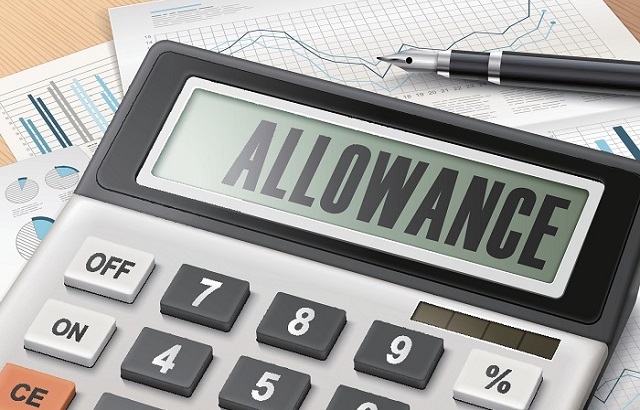Old Mutual Wealth has added a voluntary ‘scheme pays’ feature to its personal pension product, which allows customers to settle annual allowance tax charges for any scheme.
The Quilter platform has brought in the feature following issues surrounding the tapered annual allowance affecting many public sector workers; such as doctors, judges and members of the armed forces.
Those earning less than £150,000 ($195,000, €175,000) can put £40,000 every year into their pension without incurring any additional tax charges.
But for every £2 of adjusted income over £150,000, an individual’s annual allowance is ‘tapered’ by £1.
Once their income reaches £210,000, it drops to £10,000 a year.
For some high earners, including members of defined benefits schemes, this can result in them inadvertently incurring a tax charge.
Feature details
Instead of building up large debts, clients can now use their personal pensions to pay their annual allowance tax charge where they have exceeded the limit.
The scheme was developed in collaboration with Quilter’s national advice business, Quilter Private Client Advisers.
It is available to advisory clients who will have to simply fill in one form to select the option for paying the tax charge.
Once put in place, the collective retirement account (CRA) will pay HM Revenue & Customs (HMRC) as soon as possible after a request is received, minimising the risk of any late payment penalties associated with other options in the market.
Remove the stress
Ian Browne, pensions expert at Quilter, said: “The issue of annual allowance breaches has truly reached the mainstream given all the problems facing doctors, judges, members of the armed forces and other public sector employees.
“As such, providers need to come to the fore with innovative solutions that makes it easier to pay for a tax charge many are unaware they have triggered.
“This new feature will help remove the stress of paying any annual allowance tax charges, as well as minimise the risk of incurring penalties for late payment.
“This is also a simple and easy to use service, which only requires the information you already need for a self-assessment.
“As a result, we think this will give clients and their advisers a wide range of options when it comes to giving pension advice and planning.”
Under-reporting
Elsewhere, HMRC has confirmed that just over 1,000 people in the 2016/17 financial year failed to report that a pension tax charge had been paid on their behalf by their occupational pension scheme, according to a freedom of information request by Royal London.
Where a pension scheme is reporting and paying the annual allowance tax charge on behalf of the member, the member is still required to report the tax charge on their self-assessment tax return and declare the amount that is paid by the scheme.
The UK tax collector explained in the FOI that this is a case of “under-reporting, not under-payment”.
Royal London said that, as the number of people affected by ‘scheme pays’ has grown since 2016/17, it is likely that thousands of people are now failing to report this information.
HMRC said: “We have not made any estimate of how many people each year ‘forget’ to put this information on their tax return.
“We are only able to determine this information once the self-assessment and accounting for tax (AFT) reporting periods have passed, and the information provided can be reviewed.”
Last year, HMRC said it was aware some people had not reported breaching the annual allowance.
Savers who fail to report this are at risk of receiving a large tax bill, as anything above the annual allowance is charged at the individual’s income tax rate, which could be 40 or 45%.
Real challenge for taxpayers
Steve Webb, director of policy at Royal London, said: “Filling in your tax return can be challenging enough, but the complexity of the rules around pension tax relief for higher earners is a particular nightmare.
“The good news is that some higher earners can claim additional tax relief provided that they put the right information on their tax return.
“But others need to make sure they report contributions in excess of their annual allowance and pay the tax due now.
“However, the complexity of the tax relief system means that this can often be a real challenge, even for taxpayers who are doing their best to be honest and open about their tax affairs.”








